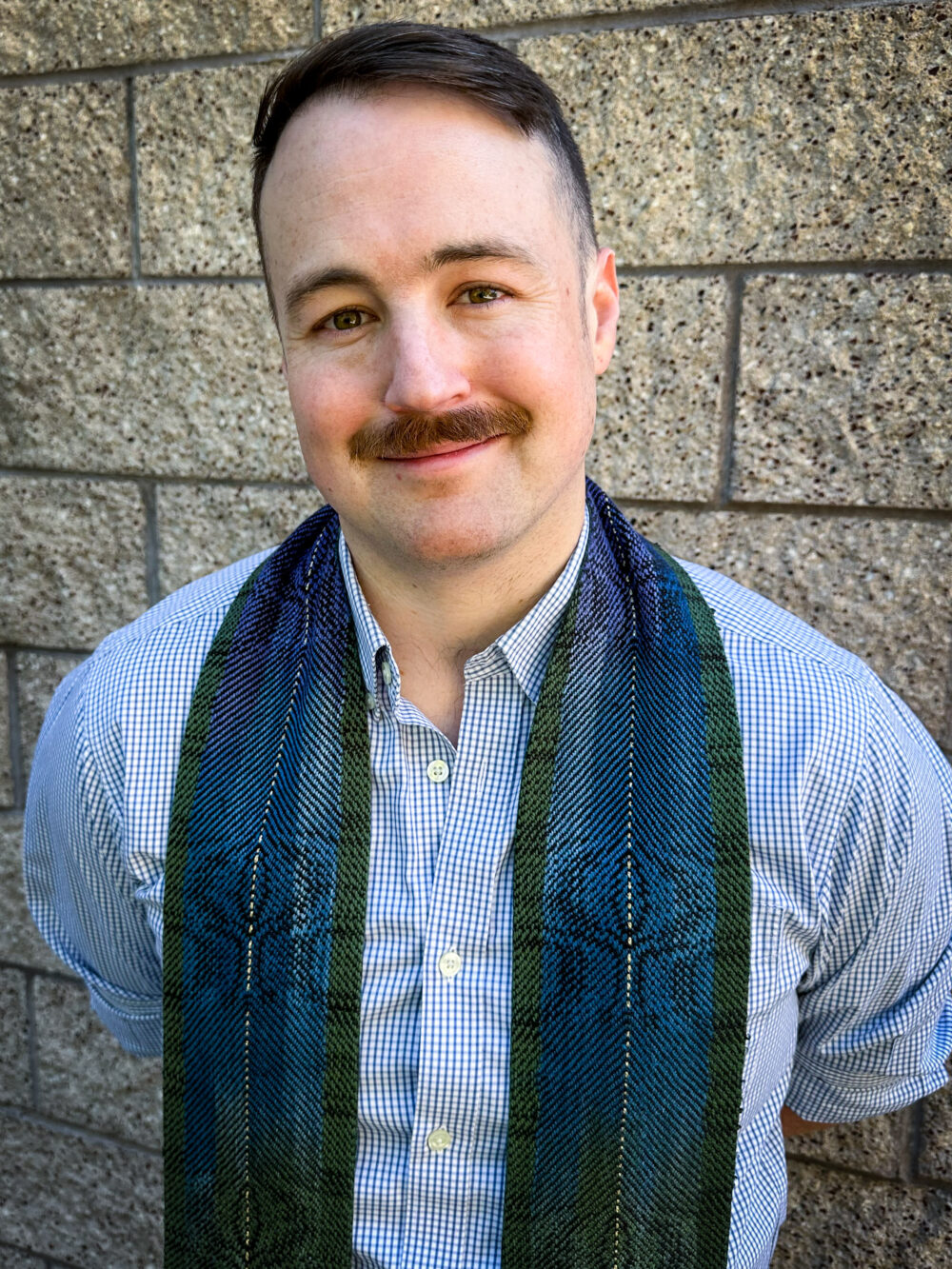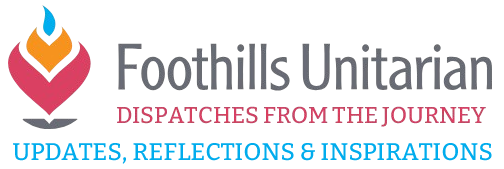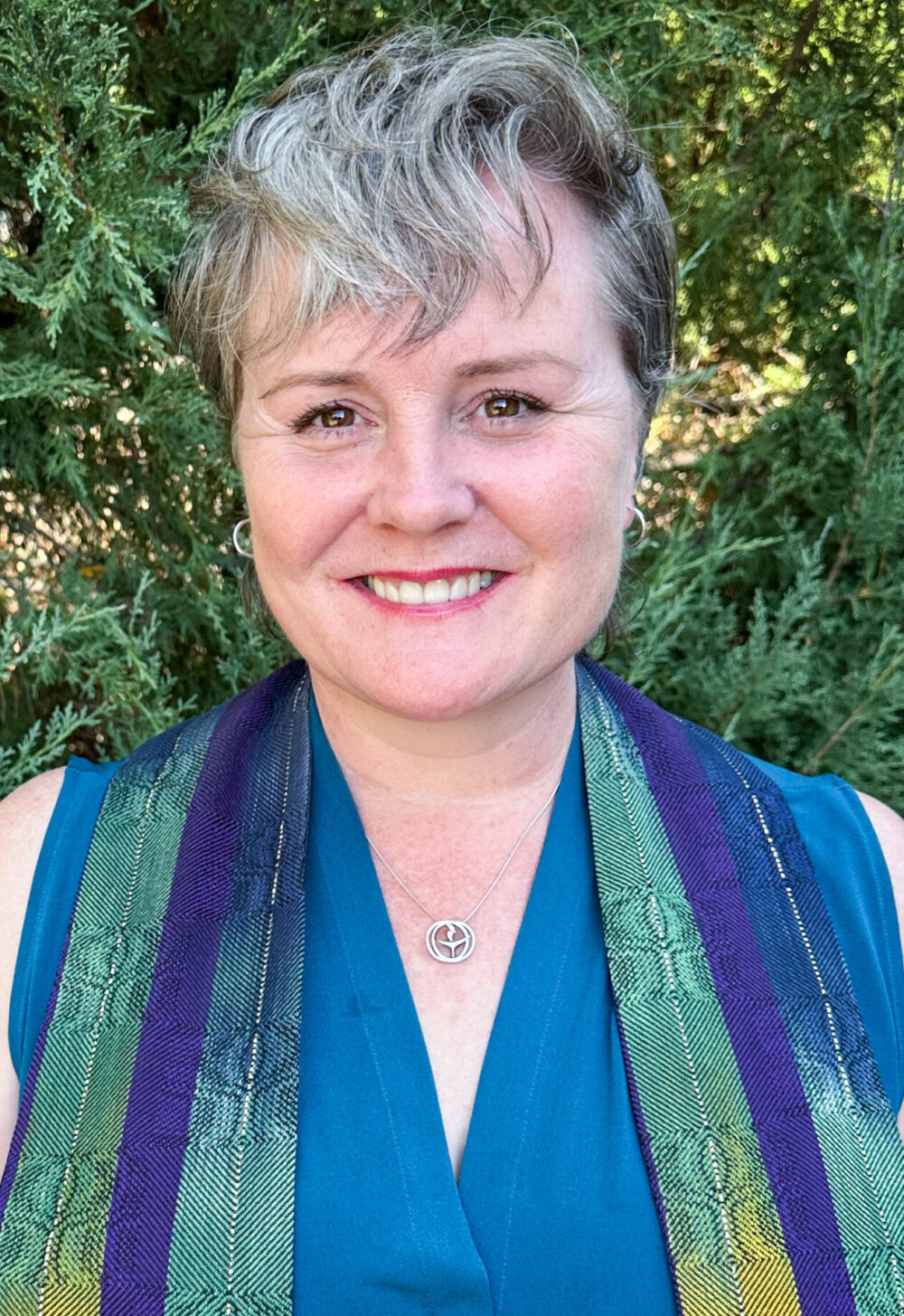“Returning to a well-loved story that gives me strength”
Chalice Lighting, Nov 20, 2016
Scott Denning
For the past 10 years, I have told the story of the Three S’s of Climate Change: Simple. Serious. Solvable.
The Three S’s is a story about how the world really works that connects directly to people’s lives. There’s no way to sugar-coat the threat of climate change: We do have to talk about that middle S. Instead of “Serious,” you might call it “Scary.”
It’s very important to never stop at the second S! The story of the two S’s is an unmitigated tragedy, like ending The Lord of the Rings with the capture of Frodo in Mordor at the end of The Two Towers. The two S’s is a story of despair and hopelessness. It sucks the joy out of life and drains us of any motivation to do anything about climate change.
By contrast, the three S’s is a story of hope and a call to action.
Climate Change is Simple: We know that adding CO2 to the air warms the climate for precisely the same reason that day is warmer than night, summer is warmer than winter, and Phoenix is warmer than Fargo. Heat in minus heat out equals change of heat. All the Earth’s heat comes from the Sun, but if “heat in” was the whole story the Earth would just get hotter and hotter until it melted and vaporized! Heat out is IR radiation that passes through the atmosphere. We’ve known since Abraham Lincoln was president that CO2 absorbs IR radiation, so it slows down the heat out. When the Sun adds more heat to the Earth than it can emit through the CO2-rich air, it warms up.
Climate Change is Serious: CO2 is not like the Denver brown cloud of smog. Smog hurts our lungs because it’s chemically reactive. CO2 is chemically inert in the air. It’s thermodynamically spent, the ashes of the Earth’s living carbon cycle. Some of it will remain in the atmosphere for many thousands of years after we stop burning coal, oil, and gas. Without very strong international policy to rapidly convert the entire world economy system to carbon-free energy, we will add as much heat to the World in the next two human generations as was added over 10,000 years to end the last Ice Age. The world would be transformed as much as deglaciation, but 100 times as fast. That’s way too fast for ecosystems to adapt. We’d leave our descendants with a ruined world of mass extinctions, droughts, and floods. All the coastal cities in the world would be lost to rising seas, displacing half of humanity. And the misery would last for millennia. Not just the 7 billion people currently on Earth would suffer, but also hundreds of generations yet to be born.
Thank God Climate Change is Solvable! We know exactly what to do to avoid catastrophe. We have to stop setting fossils on fire! From an engineering point of view, this is a solved problem. We have a wide range of non-carbon alternatives ready to deploy that can provide abundant energy to both the developed and developing world, enabling a bright future. It will be expensive, but no more so than the incredible accomplishments of our ancestors: indoor plumbing, rural electrification, interstate highways, the Internet.
All that’s lacking is political will. And there’s the rub.
I was personally devastated by the results of the election, and have watched in horror as new Cabinet posts are filled with zealots who propose to tear up everything we’ve accomplished through 20 years of hard work and delicate diplomacy.
I realize that my story has left me deeply vulnerable. Will we now lose that critical third S?
To move forward into the future, I need faith. The story of the Three S’s is ultimately a story of moral courage.
It’s wrong to wreck the world.
We must pull together with our children and grandchildren and with everyone around the world, to build a sustainable future. A song from my youth said, “to sing the blues, you’ve got to live the blues and carry on.” Remember the refrain? “Rejoice! Rejoice! We have no choice, but to carry on.”
I light the chalice this morning to honor that sacred flame in the darkness that is our deep and abiding faith in the goodness and courage of people everywhere.

Rev. Sean is Foothills Acting Senior Minister while Rev. Gretchen is on Sabbatical.
Responsible for Worship, Justice Ministries, Faith Formation Strategies and sits on Foothills Executive Leadership Team with Director of Finances and Operations Katie Watkins.
Sean was born on Treaty 7 land in Calgary, Alberta, Canada, and comes to Foothills after four years in New England where he completed seminary at Harvard Divinity School where he studied alongside future imams, rabbis, justice activists, and other Unitarian Universalists. Sean is a self-proclaimed nerd — particularly about history, current politics, science, and Star Wars. Outside of ministry you will find Sean hiking or cooking up a storm with his partner Charles, watching his son’s basketball games, all under the watchful eye of their dog Dollie.


